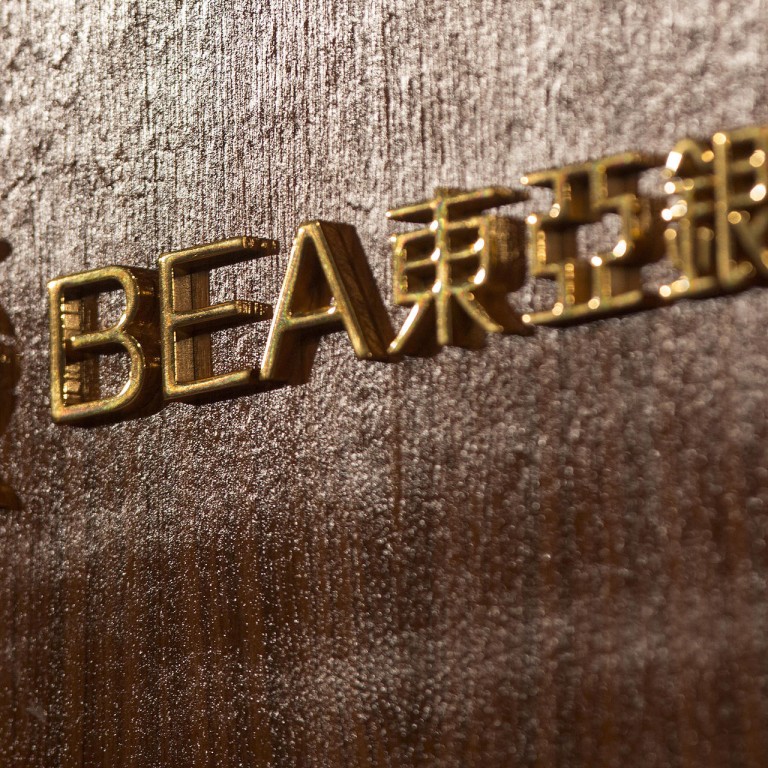
BEA's China unit likely to stand out as growth driver
Exposure to the slowing mainland economy will weigh on earnings season for HK banks
Bank of East Asia, the largest family-controlled bank in the city, kicks off earnings season for Hong Kong banks tomorrow, with exposure to the mainland and worsening credit quality from an economic slowdown in the country among key considerations for the sector.

Analysts said a worsening of credit quality in China stemming from weaker economic growth caused BEA net profits to slip.
"An increase in loan provisions may [have] eroded the gains in interest margins and affected revenue growth," DBS Vickers analyst Alexander Lee said, adding that property revaluation gains may not be as significant as in the first half of the year.
Some analysts feel BEA may provide a surprise after a surge in the Shanghai interbank offered rate, or Shibor, handed robust interest income to net lenders. In the second half, the Shibor jumped as mainland banks faced a credit squeeze in the banking system.
"The margins of China operations will likely improve in the second half, helped by loan repricing and lower funding costs," Grace Wu, an analyst at Daiwa Capital Markets, said. The increase in short-term Shibor and yuan bond yields in the second half would help BEA China's net interest margins and should translate into gains for the group, said Maybank Kim Eng analyst Steven Chan.
Performance-wise, BEA shares have underperformed the market and its peers in the last six months. The stock price of BEA has fallen 6.1 per cent in the last six months, trailing the benchmark Hang Seng Index which has eased by only 1.1 per cent.
In contrast, Chong Hing Bank's shares rose 18.2 per cent and Dah Sing Bank gained 19.2 per cent in the same period.
The current round of results will climax when HSBC and its local subsidiary Hang Seng Bank announce full year results next Monday. Standard Chartered, which focuses on emerging markets, will report on March 5. Bank of China (Hong Kong), the Hong Kong unit of Bank of China, is expected to post results late March.
Prospects for the Hong Kong banking sector in the year ahead are a bit constrained.
Wu said she expected the sector's loan volume to post moderate growth in the high single digits this year, down sharply from the 16 per cent increase it posted last year, due mainly to curbs on asset growth imposed by the Hong Kong Monetary Authority. Wu added that credit risks in China should be manageable as mainland loan exposures were largely backed by major commercial banks.
"Small lenders remaining in the city are facing limited room to grow in the year, with large players and more Chinese parent-backed lenders entering the market," said Jack Chan, a managing partner of financial services at EY Greater China. "The slowdown of economic growth on China may also affect some of the loan repayment of Hong Kong banks."
